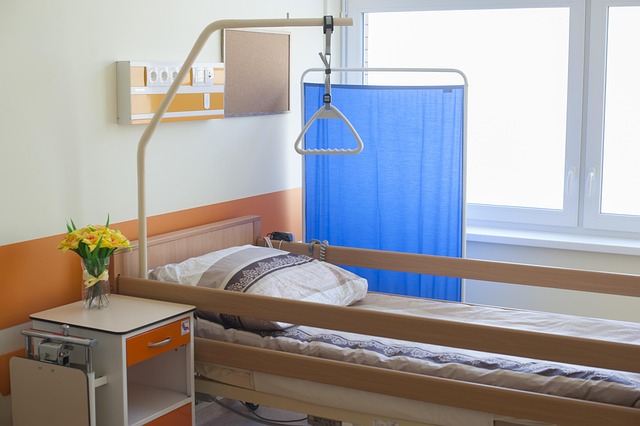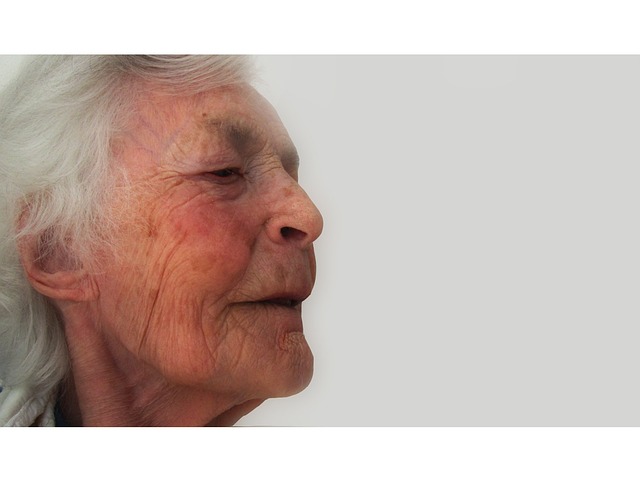In-home nursing services in Eugene, Oregon, offer personalized medical care within patients' homes, enhancing well-being and preserving independence. Costs vary based on care level, duration, and additional services like physical therapy or medication management. Key factors include patient care required, hours needed per day, and medical complexity; understanding these is crucial for informed decisions. Provider types range from specialized agencies to individual caregivers, catering to different budgets. There are two funding methods: private (out-of-pocket, insurance) and public (Medicaid, Medicare), with varying costs based on financial need. State regulations, overseen by the Oregon Health Authority, set minimum staffing ratios and training requirements, impacting pricing. Negotiating rates from various providers and considering long-term commitments or tax deductions can reduce expenses for in-home nursing care in Eugene, Oregon.
Looking for reliable and affordable in-home nursing services in Eugene, Oregon? Understanding the cost comparison between various providers is essential for making informed decisions. This comprehensive guide breaks down the key factors influencing home care costs in Eugene, from public vs. private funding options to state regulations and negotiation tips. By understanding these aspects, you can navigate the landscape of in-home nursing services with confidence and discover the best value for your needs.
- Understanding In-Home Nursing Services in Eugene, Oregon
- Key Factors Influencing Home Care Costs
- Exploring Different Types of In-Home Care Providers
- Cost Comparison: Private vs. Public Funding Options
- State Regulations and Their Impact on Pricing
- Tips for Negotiating and Saving on Home Care Expenses
Understanding In-Home Nursing Services in Eugene, Oregon

In-home nursing services in Eugene, Oregon, offer a crucial support system for individuals who require medical care in the comfort of their homes. These services cater to diverse needs, from basic assistance with daily tasks and monitoring vital signs to specialized care for chronic conditions or post-surgery recovery. The benefits are manifold: it preserves the independence of patients, allows them to stay connected to familiar environments, and often improves overall well-being compared to institutional settings.
Eugene’s in-home nursing services are provided by a range of healthcare agencies and professionals, each with their own areas of expertise. Costs can vary widely based on factors such as the level of care needed, duration of visits, and whether specialized services like physical therapy or medication management are included. Understanding these dynamics is essential for families and caregivers looking to make informed decisions regarding the best and most affordable options for their loved ones’ healthcare needs in Eugene, Oregon.
Key Factors Influencing Home Care Costs

Several key factors significantly influence the cost of in-home nursing care in Eugene, Oregon. One of the primary determinants is the level of care required by the patient. Basic assistance with daily living tasks like meal preparation and light housekeeping typically costs less than more intensive medical care, which may include specialized nursing services, medication management, and continuous monitoring.
Another crucial factor is the number of hours of care needed per day. Hourly rates for in-home nursing vary, with longer periods requiring higher overall expenses. Additionally, the complexity of the patient’s medical condition can impact costs. Those with chronic illnesses or complex needs often necessitate specialized services, driving up the cost compared to patients with simpler healthcare requirements.
Exploring Different Types of In-Home Care Providers

When considering in-home nursing care in Eugene, Oregon, it’s essential to explore various provider types to find the best fit for your loved one’s needs and budget. The market offers a range of options, from specialized agencies providing comprehensive care services to individual caregivers who offer more personalized and intimate assistance. In-home nursing agencies typically employ trained professionals who can handle diverse medical tasks, ensuring expert care. These agencies often include management, coordination, and supervision in their services, making them ideal for complex care needs.
On the other hand, private caregivers, sometimes referred to as homecare aids or personal assistants, offer more tailored support. They are usually hired directly by families and can provide assistance with daily living activities, medication reminders, transportation, and companionship. This option is popular for those seeking one-on-one care and a more familiar environment. Understanding these provider types equips individuals with the knowledge to make informed decisions when comparing Eugene Oregon home care costs.
Cost Comparison: Private vs. Public Funding Options

When considering in-home nursing care in Eugene, Oregon, one of the primary factors to evaluate is the cost. There are two main funding options to explore: private and public. Private funding sources include out-of-pocket expenses, insurance, or long-term care policies, which can vary significantly based on the provider and level of care required. This option offers flexibility but may be more expensive without government assistance.
On the other hand, public funding is provided through programs like Medicaid and Medicare, ensuring a more affordable or even free service for those who qualify. These options are often based on financial need and specific health criteria, catering to individuals with limited resources. Comparing these two avenues can help families make informed decisions, balancing the quality of care with their financial capabilities.
State Regulations and Their Impact on Pricing

In-home nursing services in Eugene, Oregon, are subject to state regulations designed to protect both patients and service providers. These regulations can significantly influence pricing structures. For instance, agencies must comply with minimum standards for staffing ratios, training requirements for caregivers, and safety protocols, which inevitably add to operational costs. As a result, clients can expect higher rates for services that meet these stringent criteria.
The Oregon Health Authority sets guidelines for home care services, ensuring quality and accountability. While these regulations promote safe and reliable care, they also contribute to the overall cost of in-home nursing. Caregivers and agencies must invest in ongoing training, equipment, and administrative support to maintain compliance, which is reflected in the pricing structures offered to clients seeking in-home nursing care in Eugene, Oregon.
Tips for Negotiating and Saving on Home Care Expenses

Negotiating home care costs can be a valuable skill for anyone looking to reduce expenses, especially when it comes to in-home nursing services in Eugene Oregon. Start by gathering information on typical rates from various providers; this knowledge will empower you during negotiations. Many agencies offer flexible plans and discounts for long-term commitments or multiple services.
Consider creative ways to save, such as negotiating a lower rate for shorter visits or agreeing to a block booking arrangement. You might also explore alternative options like hiring a private care provider, which could be more cost-effective than traditional agency rates. Additionally, some expenses may be tax-deductible, so consult with an accountant to ensure you’re maximizing any potential savings.






